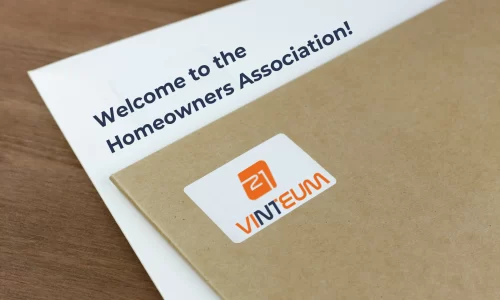We’ve all been in situations where we feel that people are being unreasonable, but when those people are your neighbors, it’s really tough. If you’re on the board, this is a real challenge.
How do you bring positive changes to the community without annoying people you see every day in your condo? Whether it’s a board member or a resident it can be difficult to stay calm and maintain perspective. Here are our tips on how to be the calmest board member!
1 – Breathe
Let me explain: when we get annoyed we start to take shallow breaths. Take a deep breath to re-center yourself and calm down. Don’t judge this person, just keep your mind open and breathing steady.
Losing your temper won’t make the problem go away, and you have to see this person on a regular basis.
2 – Listen
This seems obvious, but naturally, we do shut down and try to argue our point. Take a deep breath and listen to what they really want from you. Often underneath the anger or frustration, there is confusion or worry.
Try to get to the heart of the matter to see how you could help.

3 – Don’t take it personally
It can be really hard not to feel attacked when someone is being difficult, or blaming you for something. Most of the time they’re not going after you, they’re trying to fix a problem.
Try to keep that fact in mind, it’s not you, it’s an issue they want to be resolved that is frustrating them.
4 – Don’t be defensive
Similarly to not taking it personally, if you get defensive or angry the situation will just get worse. Keep your voice calm and steady, and don’t speak over the other person. When they stop talking you can make your points in a conciliatory way.
Talk to your difficult neighbor or colleague in a relaxed, open way.
5 – Tell them where you’re coming from
This person is getting frustrated with a change or lack of change. They are hitting a wall and taking out their frustration on you.
Sometimes explaining the reasons behind you and/or the board’s actions will help them to understand why you are or aren’t doing something.
6 – Set boundaries
If the situation reaches a point where they are getting too much, or are making you uncomfortable, make sure you say something. Say “please don’t talk to me like that”, it’s important that they know when they have crossed the line.
7 – Step back
If a situation ever gets too much, you need to step back. Ask for advice from other people, and talk to someone outside the community. You don’t have to keep fighting, you can stop.
And in fact, when it’s a discussion with someone who lives in the same building or neighborhood, it’s best to calm the situation down and move on.
8 – Build a rapport
This is at the end of the article because you can do this through the tense period. You should also always try to build relationships throughout your time as a board member and as a resident. It’s lovely to get to know your neighbors and create a community feeling in your community!
If there are regular arguments in your board meeting, then a meeting agenda may help to keep your meetings on track. If the issues are with resident(s), then having an online portal and website may be useful for residents to know where to go to file a complain or tell the board about a problem.







2 Responses